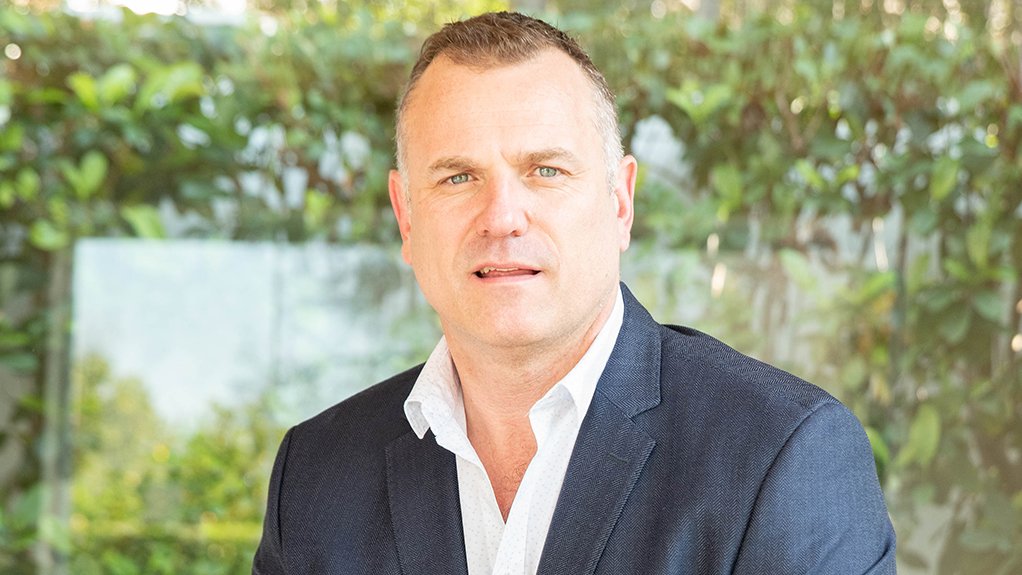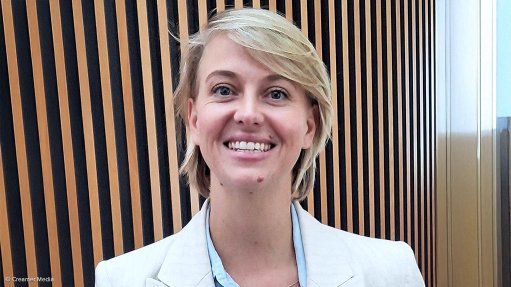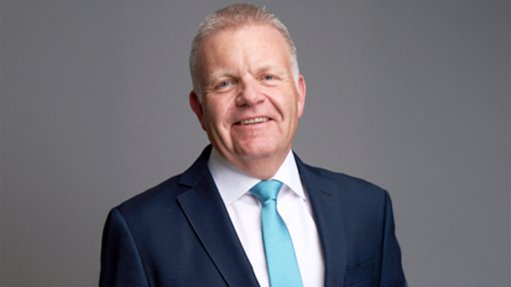The biggest obstacle to renewable energy in Africa? Red tape, AOW delegates hear
The key problems in implementing renewable energy in Africa (including South Africa) are regulatory, participants in a panel discussion at Africa Oil Week (AOW) reported, on Wednesday. AOW is being held at the Cape Town International Convention Centre. The issues were not so much the amount of regulatory compliance needed but, what was often much more serious, the dilatoriness of government departments in processing applications and issuing authorisations.
South African black-owned renewable (mainly wind) energy company Seriti Green CEO Peter Venn reported that it could take anything from six to 16 years in South Africa from the acquisition of a site to the start of construction of a wind farm. The company currently has five projects spread across four South African provinces (plus projects in East Africa), worth billions of rands.
He described wind projects as currently being “binary” – just one problem, environmental or practical, could wipe out all the initial investments, totalling millions, in the project. An example of an environmental obstacle would be the discovery that a Black Eagle lived in the vicinity of the wind farm. A practical example would be a lack of port access, to bring in key components.
But regulatory delays were the main issue. For one of Seriti Green’s projects, it took two-and-a-half years to obtain authorisation to connect to the grid. This was for a project that was creating new skills and new jobs in a poor area of the country. Two-and-a-half years, Venn observed caustically, to get a piece of paper.
He affirmed that there was a need for education, on the importance of, and opportunities created by, renewable-energy projects. While some parts of government were aware of these, and supportive, others seemed to be totally unaware of them.
He also pointed out that the company had two projects in East Africa (one each in Kenya and Tanzania) that were stalled, for similar reasons. One of these projects had been stalled for three years, so far.
An international perspective was given by Abu Dhabi, United Arab Emirates- (UAE-), based and State-owned clean energy group Masdar Office of the CEO adviser Martin Nagel, participating on the same panel. “The cost of renewable energy is widely overestimated on a global scale,” he highlighted.
For a country to succeed in implementing renewable energy, he reported, the government of that country had to have a global ambition to do so. The programme had to be driven from the top of the government. The first project was always the most difficult. After that initial project was implemented, executing the rest of the programme became straightforward. He also observed that solar energy was very cheap.
(Being State-owned, Masdar didn’t have to worry about short-term shareholder returns, he noted. And it only invested in a country after that country had entered a government-to-government agreement with the UAE. That significantly reduced risk. Thus, if Masdar encountered serious problems in the host country, it could request the UAE government to intercede with the host government, to resolve the issue; such options were not easily available to private-sector investors.)
Article Enquiry
Email Article
Save Article
Feedback
To advertise email advertising@creamermedia.co.za or click here
Announcements
What's On
Subscribe to improve your user experience...
Option 1 (equivalent of R125 a month):
Receive a weekly copy of Creamer Media's Engineering News & Mining Weekly magazine
(print copy for those in South Africa and e-magazine for those outside of South Africa)
Receive daily email newsletters
Access to full search results
Access archive of magazine back copies
Access to Projects in Progress
Access to ONE Research Report of your choice in PDF format
Option 2 (equivalent of R375 a month):
All benefits from Option 1
PLUS
Access to Creamer Media's Research Channel Africa for ALL Research Reports, in PDF format, on various industrial and mining sectors
including Electricity; Water; Energy Transition; Hydrogen; Roads, Rail and Ports; Coal; Gold; Platinum; Battery Metals; etc.
Already a subscriber?
Forgotten your password?
Receive weekly copy of Creamer Media's Engineering News & Mining Weekly magazine (print copy for those in South Africa and e-magazine for those outside of South Africa)
➕
Recieve daily email newsletters
➕
Access to full search results
➕
Access archive of magazine back copies
➕
Access to Projects in Progress
➕
Access to ONE Research Report of your choice in PDF format
RESEARCH CHANNEL AFRICA
R4500 (equivalent of R375 a month)
SUBSCRIBEAll benefits from Option 1
➕
Access to Creamer Media's Research Channel Africa for ALL Research Reports on various industrial and mining sectors, in PDF format, including on:
Electricity
➕
Water
➕
Energy Transition
➕
Hydrogen
➕
Roads, Rail and Ports
➕
Coal
➕
Gold
➕
Platinum
➕
Battery Metals
➕
etc.
Receive all benefits from Option 1 or Option 2 delivered to numerous people at your company
➕
Multiple User names and Passwords for simultaneous log-ins
➕
Intranet integration access to all in your organisation




















